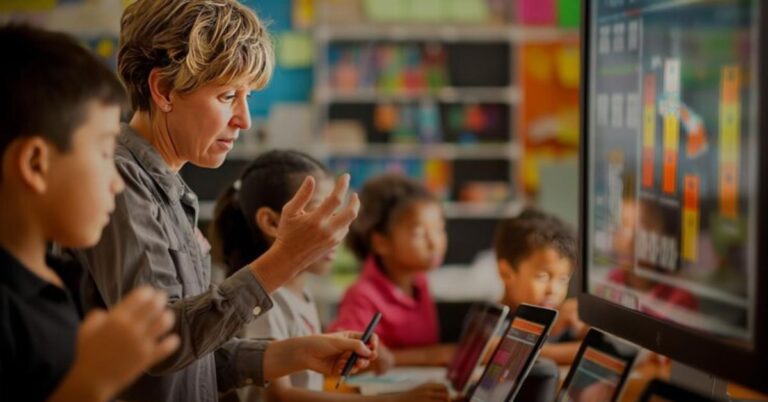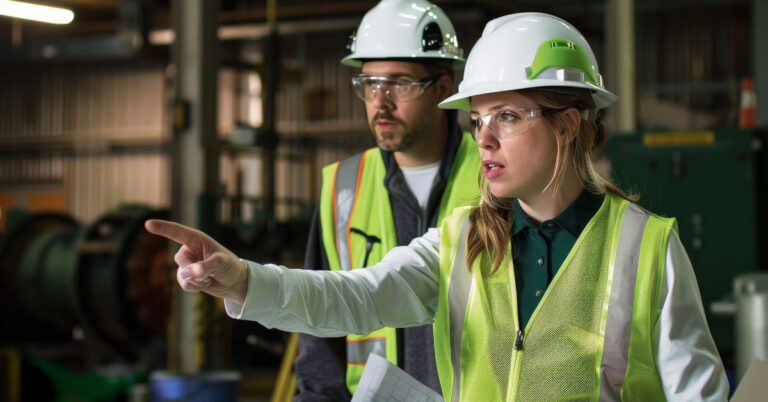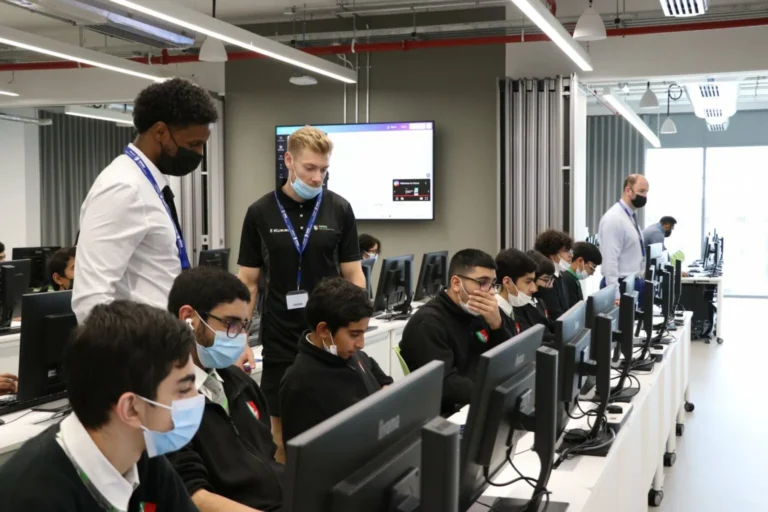Montessori Preschool Near Me: Finding the Best Local Early Education Options

Finding a quality Montessori preschool near me can make a significant difference in a child’s early education. Montessori schools focus on fostering independence, curiosity, and creativity within a nurturing environment. Families looking for Montessori options should prioritize schools that truly follow Montessori principles and support the whole child’s development.
A good Montessori preschool near you offers a child-driven approach that encourages academic discovery and personal growth in a safe and supportive setting. Many local schools provide tailored programs that emphasize hands-on learning, respect for individuality, and cooperation among children. Searching with specific criteria like location, reviews, and curriculum alignment helps parents find the best fit for their child’s needs.
How to Choose the Best Montessori Preschool Near Me
Choosing a Montessori preschool involves evaluating specific program qualities, teacher credentials, and practical concerns like location and safety. Parents should look beyond marketing claims to assess how well a school implements Montessori principles and meets family needs.
Key Features of Authentic Montessori Programs
Authentic Montessori programs emphasize an environment tailored to child-led learning. Classrooms contain specialized materials that promote hands-on activities and foster independence. Children are grouped by multi-age clusters to encourage peer learning and cooperation.
A true Montessori school allows children to select tasks freely within a prepared environment designed to support natural development stages. Teachers act as guides, observing and facilitating rather than directing every activity. Look for indications such as mixed-age classrooms, individual pacing, and an emphasis on practical life skills.
Avoid programs that use the Montessori name without adhering to these essential characteristics. Visiting the classroom to observe interactions and materials can reveal how closely the school follows the Montessori method.
Accreditation and Teacher Qualifications
Accreditation by recognized Montessori organizations provides assurance of program quality and adherence to Montessori principles. Common accrediting bodies include the American Montessori Society (AMS) and the Association Montessori Internationale (AMI).
Teacher qualifications matter greatly. Certified Montessori teachers have typically completed specialized training that covers Montessori philosophy, child development, and classroom management. Confirm that lead teachers hold official Montessori credentials relevant to the age group served.
Parents should also inquire about ongoing professional development, staff turnover, and teacher-to-child ratios. Well-trained teachers and small class sizes contribute to effective Montessori learning environments.
Location and Safety Considerations
Location is important for convenience and community integration. A preschool close to home or work simplifies daily routines and allows more frequent visits and involvement.
Safety protocols must be clearly defined and strictly enforced. Check for secure entrances, childproofing, emergency plans, and staff training in first aid and CPR. Outdoor play areas should be safe and well-maintained.
Evaluate transportation options and drop-off procedures. Consider how traffic patterns and parking affect daily logistics. A safe, accessible environment helps ensure peace of mind for families.
Benefits of Enrolling Your Child in a Montessori Preschool
A Montessori preschool fosters a learning environment tailored to a child’s developmental needs. It emphasizes hands-on activities, personal growth, and social skills in a structured yet flexible setting.
Child-Centered Learning Approach
Montessori education focuses on individualized learning, allowing children to progress at their own pace. It provides a variety of tactile materials that encourage exploration and discovery, rather than traditional rote instruction.
The classroom is designed to promote independence, with clearly defined activity areas where children can choose tasks based on their interests. This approach cultivates critical thinking and problem-solving skills by letting children take ownership of their learning.
Teachers act as guides, observing and supporting rather than directing. This enables children to develop curiosity and motivation naturally, building a strong foundation for lifelong learning.
Development of Independence and Confidence
Montessori schools emphasize practical life skills, helping children manage everyday tasks independently. Activities such as pouring, dressing, and cleaning build fine motor skills alongside personal responsibility.
As children succeed in completing these tasks, their self-confidence grows. This confidence extends to academic and social challenges, encouraging self-reliance and initiative.
The method promotes decision-making by offering choices within a structured framework. Children learn to assess options and consequences, preparing them for more complex problem-solving situations later in life.
Social and Emotional Growth
Montessori settings encourage collaboration and respect among peers. Mixed-age classrooms allow younger children to learn from older ones, while older children reinforce their knowledge by teaching.
Emotional development is supported through activities that promote empathy, patience, and conflict resolution. The calm, orderly environment reduces stress and helps children regulate their emotions effectively.
This approach fosters strong interpersonal skills and self-regulation, essential for successful integration into school and community environments.






